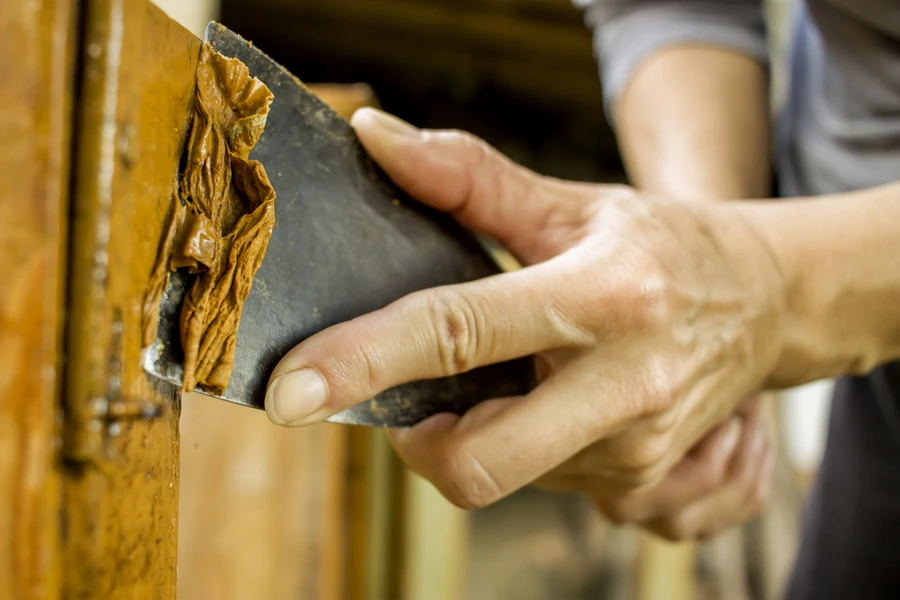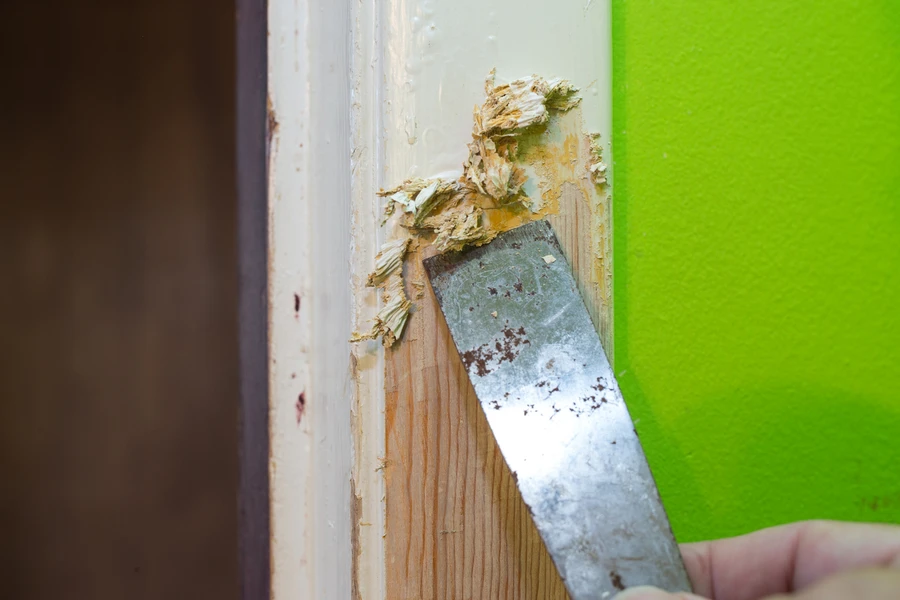Find the Best Way to Remove Old Layers Without Hassle
Removing paint can seem like a daunting task. If you choose the wrong method, it could lead to damage or incomplete removal. That’s why it’s important to know your options before starting. Each type of surface and kind of paint may require a different approach. By learning more about your choices, you can select the best solution for your situation. Whether you’re doing it yourself or hiring a professional, understanding the basics will guide your decision-making.

Identify Your Surface Type
The first step in choosing a paint removal method is identifying the type of surface you are working with. Different surfaces react differently to various techniques. For example, wood might not tolerate harsh chemicals as well as metal would. Knowing what you’re dealing with helps narrow down your options and protects the integrity of your surfaces.
Assess the Existing Paint
Next, examine the existing layers of paint. Determine the type of paint used, such as oil-based or latex. Some techniques work better on specific paints. This is crucial for successful paint removal. You want to ensure that you remove every layer effectively without damaging the underlying material.

Select Chemical Strippers Wisely
Chemical strippers can be very effective but need careful handling. They’re usually suited for flat surfaces where scraping isn’t ideal. Look for products designed for the specific type of paint and surface. Always read labels for safety guidelines and application instructions to achieve optimal results.
Consider Mechanical Methods
If chemicals aren’t appealing, mechanical methods like sanding or scraping offer alternatives. These approaches involve using tools like sanders or scrapers to physically remove paint layers. However, they require skill to avoid damaging surfaces, especially delicate ones like wood.
Explore Heat-Based Techniques
Heat guns offer another option for removing old paint. They soften paint so it can be easily scraped away. This method works well on both wood and metal but needs care to prevent scorching the surface. It’s an efficient way to tackle stubborn, thick layers without using chemicals.
Evaluate Safety Measures
No matter which method you choose, following safety protocols is essential. Wear protective gear such as gloves and masks when dealing with chemicals or heat. Ensure good ventilation in your workspace to avoid inhalation hazards and maintain a safe environment during the process.
Make Informed Decisions With Expert Help
If you’re uncertain about any steps in the paint removal process, consult professionals for advice. Experts can provide recommendations based on their experience and knowledge. Hiring a professional can save time and guarantee quality results, making the overall project smoother and more efficient.
Your Next Steps Toward Successful Paint Removal
Choosing the right method depends on several factors including surface type, paint condition, and personal preference. Consider these aspects carefully to pick the most suitable option for your needs. Contact us at (903) 638-1792 for guidance through this process. Based in Alba, TX, our team at 3-G Painting & More is ready to assist with all your home improvement projects.
